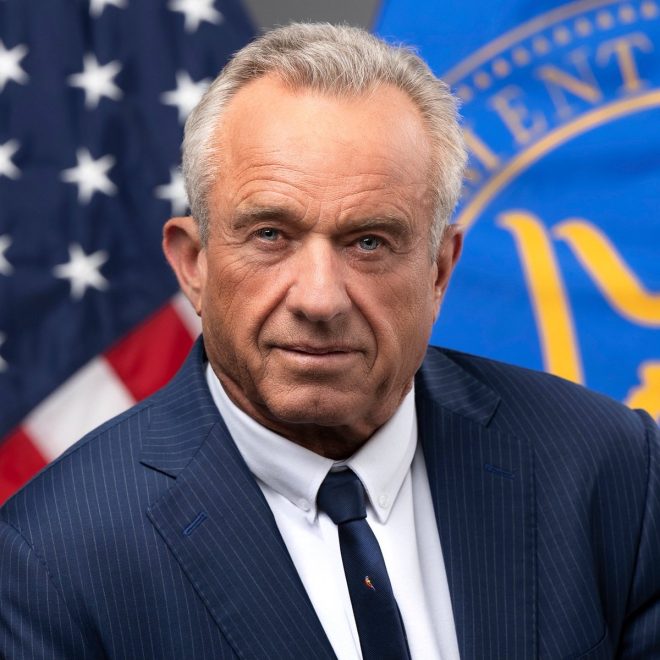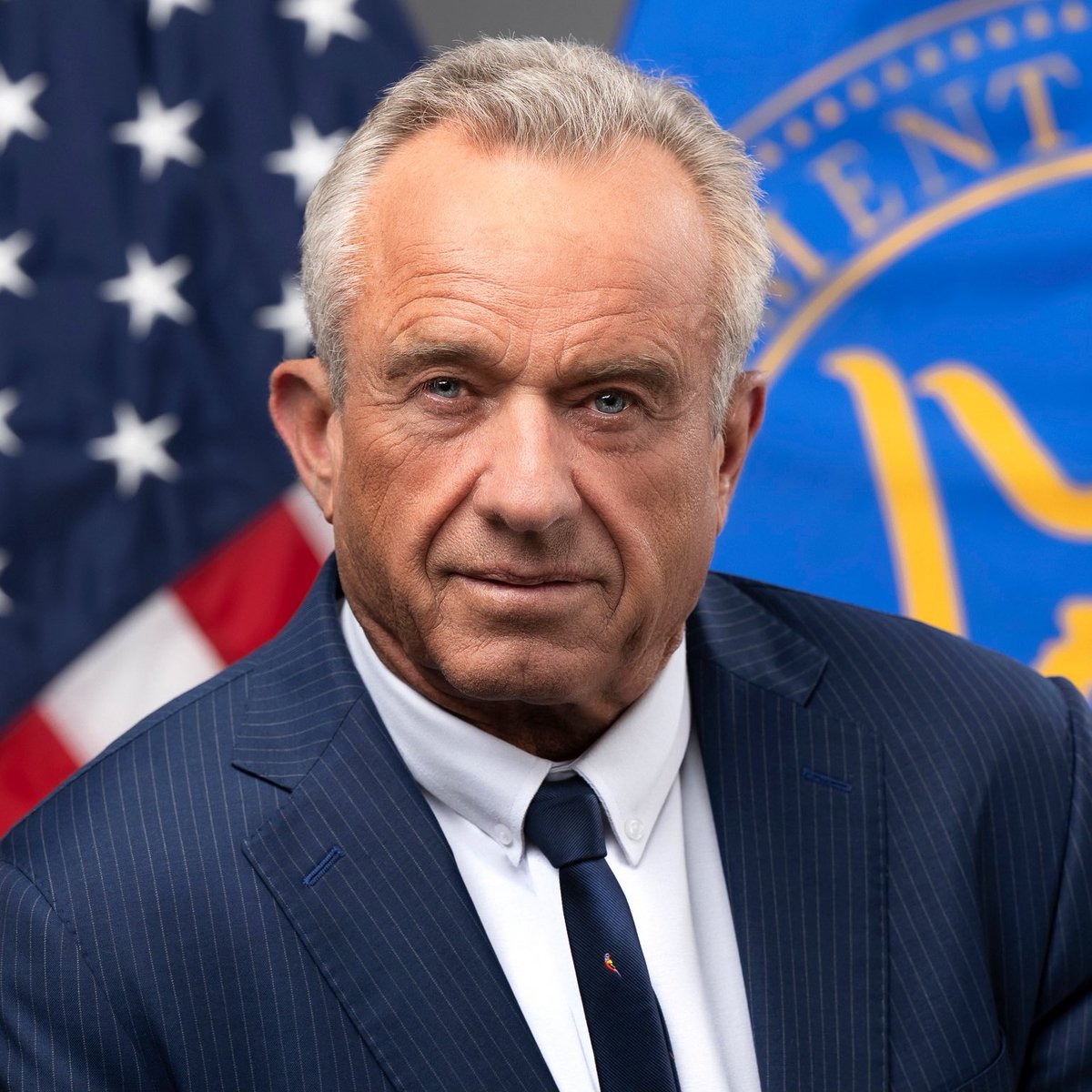
Florida’s Decision to Ban Fluoride in Drinking Water: A Comprehensive Overview
In a significant and controversial policy move, Florida has decided to ban fluoride from its drinking water statewide. This decision has garnered attention and support from various public figures, including U.S. Health and Human Services (HHS) Secretary Robert F. Kennedy Jr. The announcement, made on May 6, 2025, has sparked discussions around public health, dental hygiene, and the implications of fluoride in water supplies.
Understanding Fluoride and Its Role in Public Health
Fluoride is a naturally occurring mineral that has been widely used in dental care for its cavity-fighting properties. It helps in the remineralization of tooth enamel and reduces the incidence of dental caries (cavities). The addition of fluoride to public water supplies began in the mid-20th century as a public health initiative aimed at improving oral health in communities.
Proponents of water fluoridation argue that it has significantly reduced tooth decay rates, particularly among children. The Centers for Disease Control and Prevention (CDC) has called water fluoridation one of the top public health achievements of the 20th century. However, the practice has faced criticism over the years, with arguments focusing on potential health risks and ethical considerations regarding mass medication without consent.
The Controversial Decision in Florida
The decision to ban fluoride in Florida’s drinking water is rooted in ongoing debates about its safety and efficacy. Critics of fluoride argue that excessive exposure can lead to dental fluorosis, a condition that causes discoloration and damage to teeth. There are also concerns regarding potential links between fluoride exposure and various health issues, including thyroid problems and neurological effects.
- YOU MAY ALSO LIKE TO WATCH THIS TRENDING STORY ON YOUTUBE. Waverly Hills Hospital's Horror Story: The Most Haunted Room 502
The announcement was made by Danielle D’Souza Gill, a prominent conservative commentator, who shared the news on social media, highlighting the support from HHS Secretary RFK Jr. This endorsement has added a layer of political significance to the issue, positioning it within broader discussions on government intervention in health matters.
The Implications of the Ban
The statewide ban on fluoride in drinking water has significant implications for public health and dental care in Florida. Here are several key points to consider:
- Impact on Dental Health: The removal of fluoride from drinking water could lead to an increase in dental caries, especially in vulnerable populations such as children. Without the protective benefits of fluoride, there may be a rise in cavities and associated dental issues, which could disproportionately affect low-income families who may not have adequate access to dental care.
- Public Health Messaging: The ban may necessitate a shift in public health messaging regarding oral hygiene. Public health officials may need to promote alternative methods for preventing tooth decay, such as increased oral hygiene practices, dietary changes, and the use of fluoride toothpaste.
- Community Responses: Different communities within Florida may respond variably to the ban. Some municipalities may choose to implement their own measures to ensure dental health, while others may embrace the decision as a public health victory. This divergence could lead to disparities in oral health outcomes across the state.
- Political and Public Discourse: The decision is likely to fuel ongoing debates about government regulation, public health policy, and individual rights. Advocates for personal choice in health matters may see this as a win, while public health officials may express concern over the long-term consequences of the ban.
The Broader Context of Fluoride Debate
The debate surrounding fluoride is not limited to Florida; it is a global conversation. Many countries have adopted varying stances on water fluoridation, with some embracing the practice and others rejecting it. For example, while the United States has historically been a strong proponent of water fluoridation, several European countries have opted out, citing health concerns and ethical considerations.
As the discourse surrounding fluoride continues, it is essential to consider the scientific evidence on both sides. Research studies have explored the benefits of fluoride in reducing cavities, while others have investigated potential health risks. Public health policy should ideally be guided by comprehensive reviews of scientific literature and consideration of community needs and values.
Conclusion: A Divisive Health Policy
The decision to ban fluoride in Florida’s drinking water is a complex and divisive issue that will undoubtedly have lasting effects on public health and dental care in the state. As the discussion unfolds, it will be crucial for health officials, policymakers, and the public to engage in informed dialogue about the implications of this ban.
The future of oral health in Florida may hinge on how communities adapt to this new policy and the measures they take to ensure that all residents, especially children, have access to effective dental care. As the debate continues, it is essential to prioritize evidence-based practices and the well-being of the population while respecting individual rights and choices.
In summary, Florida’s ban on fluoride presents both challenges and opportunities for public health in the state. The conversations sparked by this decision will likely shape the future of dental health policy and practices, not only in Florida but potentially in other regions as well. As such, staying informed and engaged in the discussion will be critical for ensuring the best outcomes for community health and well-being.

BREAKING: Florida is banning fluoride from their drinking water statewide in a measure supported by HHS Secretary RFK Jr. pic.twitter.com/iWxsmJpvt7
— Danielle D’Souza Gill (@danielledsouzag) May 6, 2025
BREAKING: Florida is banning fluoride from their drinking water statewide in a measure supported by HHS Secretary RFK Jr.
If you live in Florida, you might want to pay attention to the latest buzz surrounding drinking water regulations. The recent announcement that Florida is banning fluoride from their drinking water has stirred quite a conversation. This decision, which has received backing from HHS Secretary RFK Jr., isn’t just a casual change; it raises numerous questions about health, safety, and the implications for Floridians.
Fluoride has long been a staple in public health discussions, particularly concerning dental health. Many argue that adding fluoride to drinking water significantly reduces tooth decay. However, others believe there are risks involved that outweigh the benefits. So, what does this move mean for you and your family? Let’s delve into the details.
What Does the Ban Mean for Floridians?
When the state of Florida decides to ban fluoride from drinking water, it means that municipal water supplies will no longer contain this compound. For many households, this could lead to concerns about dental health, especially for children. Fluoride is known for its cavity-fighting properties, so eliminating it could mean an uptick in dental issues.
On the other hand, proponents of the ban argue that fluoride may pose health risks that have been overlooked. There’s been ongoing research suggesting that high levels of fluoride exposure could be linked to various health issues, including thyroid problems and even lower IQ levels in children. This decision reflects a growing trend to prioritize public perception and health concerns over traditional practices.
The Role of HHS Secretary RFK Jr.
Having the support of a prominent figure like HHS Secretary RFK Jr. adds weight to this ban. His involvement signals that this decision is more than just a local issue; it’s part of a broader conversation about public health policy. RFK Jr. has long been an advocate for scrutinizing the safety of various health measures, including vaccinations and water fluoridation.
His endorsement of this ban will likely encourage other states to reconsider their fluoride policies. It’s essential to recognize that public figures can significantly influence health policy conversations, and RFK Jr. has made it clear where he stands on the issue of fluoride.
Understanding Fluoride: Benefits vs. Risks
So, what exactly is fluoride? It’s a naturally occurring mineral found in various water sources and is often added to municipal water systems to help fight tooth decay. The American Dental Association has long supported the fluoridation of drinking water, claiming it is one of the most significant public health achievements.
However, as more individuals become health-conscious and informed, the conversation around fluoride is evolving. Critics of fluoride argue that the long-term effects of ingesting it—especially in young children—are still not fully understood. Some studies have linked fluoride exposure to various health concerns, including skeletal fluorosis and potential impacts on brain development.
The debate is multifaceted, and understanding both sides can help residents make informed decisions about their health and wellness.
Public Reaction to the Ban
The response to the fluoride ban has been mixed. Many people applaud the decision, feeling it validates their concerns about fluoride’s safety. Social media platforms have been alive with discussions, ranging from support to outright disbelief.
On the flip side, dental professionals and public health advocates are voicing their concerns. They argue that banning fluoride could lead to increased cavity rates among children and adults alike. Many are worried that this shift could reverse decades of progress in dental health.
Social media reactions highlight a significant divide in public opinion. Some residents are relieved, feeling that their voices have finally been heard. Others are concerned about the potential health implications of not having fluoride in their water supply.
What Should You Do Next?
If you’re a Florida resident, you might be wondering what steps to take now that fluoride is banned from your drinking water. It’s essential to stay informed about your dental health, especially if you have children. Here are some actionable steps you can consider:
1. **Consult Your Dentist**: Schedule an appointment with your dentist to discuss the implications of this ban on your family’s dental health. They can advise whether you should consider fluoride supplements or alternative dental care products.
2. **Explore Alternatives**: Look into fluoride mouthwashes or toothpaste that contain fluoride. These products can help maintain dental health in the absence of fluoride in drinking water.
3. **Stay Informed**: Keep an eye on local news and health department updates regarding any changes to water quality and health advisories.
4. **Engage in the Conversation**: Join community discussions or forums about the ban to express your concerns or support. Your voice matters in shaping local health policies.
Conclusion: The Future of Drinking Water in Florida
As Florida moves forward with the ban on fluoride in drinking water, it marks a significant shift in public health policy. This decision is likely to spark ongoing debates about the safety, efficacy, and ethics of water fluoridation.
While the endorsement from HHS Secretary RFK Jr. adds credibility to the movement, it’s crucial to remember that the health of Floridians is at stake. As this story develops, staying informed and proactive will be key for residents navigating this new waterscape.
Whether you support the ban or have reservations, understanding the implications of fluoride’s removal from drinking water is vital for making informed health choices for you and your loved ones.
